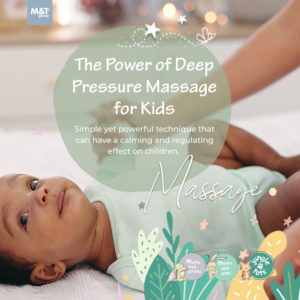Your toddler’s playroom is bursting with toys, yet whenever a friend comes over, your son wants whichever neglected toy his pal reaches for. A struggle ensues, and soon the fun and laughter are replaced by tears and tantrums.
Sharing is a concept beyond the grasp of most toddlers. Toddlers are much more interested in finding out what it means to say ‘Mine’ than ‘Let’s share a few things. Sharing is learned as children’s social, emotional and cognitive development increases.
But you can have higher expectations of kids once they hit preschool. At four, children start becoming capable of taking on someone else’s point of view. “You can say, ‘How would you feel if your friends hogged all the toys and didn’t want to give you one?’ But that has absolutely no meaning to a two-year-old,”. Even the word “share” can be confusing. Parents often use it to describe different situations that actually bear little resemblance to one another, Mann points out. For example, asking your child to share a blanket, where he doesn’t have to take turns or give anything away, is very different from sharing a toy, which means taking turns, or sharing a cookie, where your child has to give half of it away and doesn’t get that half back. It’s important for parents to recognize the situation and adjust expectations accordingly.
Recognizing why you want your kids to share should also be considered. “Parents often insist their child share because of the embarrassment they feel in front of other parents when their child doesn’t share”. “Getting angry at them shows kids that sharing is just about getting yelled at.” Instead, you could try one or more of the following:
- Start young. From the time your child can grasp an object, you can teach sharing by passing the object back and forth while saying “my turn, your turn.” “Learning how to take turns is the first step in sharing.”
- Be a role model. Practise sharing with your child at home and make it fun. Tell your toddler that you want to share the couch for a cuddle or talk about taking turns while enjoying an ice cream cone together.
- Make believe. Mann recommends co-operative games that don’t involve a single winner for children three years old and up. While competition isn’t bad, Mann says, it isn’t appropriate for preschoolers.
- Bring a pocket timer to playdates. When it rings, it’s your child’s turn to give a toy to her friend, then she gets it back once the timer rings again, and so on. “They start learning that giving something away isn’t for always”. (Remember to give the other child’s parent a heads-up before the playdate, to ensure they’re on board.)
- Finally, remember to use descriptive praise when your child does share. Instead of vague phrases like “You’re such a good boy,” you say something like “Did you see the smile on Bobby’s face when you gave him the truck? He really liked that.” That draws his attention to concrete details of what he did.
Article: Todays Parent





